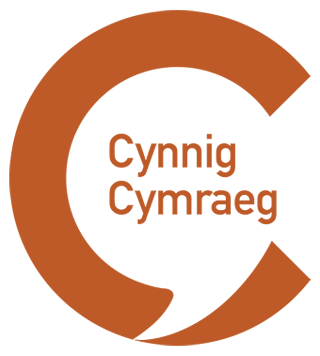How we wove Weave 2025 by Tracy Breathnach
23/09/2025 | Author: Tracy Breathnach
Two weeks after our second national Arts, Health & Wellbeing Conference Weave 2025, and we are still reflecting...
Two weeks after our second national Arts, Health & Wellbeing Conference Weave 2025, and we are still reflecting...
We had
- 320 delegates
- 60 contributors
- 12 Breakout sessions
- 4 Keynote speakers
- 2 days
The feedback we have received has been very positive, whilst noting that a few colleagues found it difficult to connect with the spirit of celebration because their daily work lives feel like they are struggling against health systems all the time. We stand in solidarity will all our peers who work tirelessly to make changes and improve the health and wellbeing for our population, and hope that opportunities to come together can also help to support our individual wellbeing and remind us that we are not alone.
Behind the scenes, the success of the 2 days was down to a huge team effort. Angela always describes WAHWN as small but mighty. There are 4 of us who worked to create the conference over 6 months: Angela and Becca are employed staff and Leah, and I are part-time freelancers. Although I led the management of the programme and the event, it is always a team effort, and I am so appreciative of Team WAHWN! I am also grateful for our brilliant volunteers, without whom we could not manage an event like that. Thanks Celeste, Charlie, Cecilia, Maeve, Erin and Dina!
Creating a programme that celebrates and highlights best practice, but that also doesn’t shy away from looking at the challenges we are experiencing, and what we need to learn to develop our next steps, is a balancing act. I was really pleased that we got feedback from many breakout sessions with action points, next steps and even a manifesto for Young People’s Mental Health!
Where possible we tried to feature practitioners from North Wales, and this included our harpist Helen Wyn Pari, our documentation team from TAPE and our artist in residence Mr Phormula. It was great to have contributions from Anglesey, Gwynedd, Denbighshire, Flintshire and Wrexham.
We were particularly conscious of creating a programme of diverse contributors, which is challenging because our sector is still predominantly white, female and able-bodied. This is especially true of people in national leadership roles. So, we decided to include more artists with lived experience to try to balance this, which was very impactful. DUKE AL, Beatrice Gbevegnon-Roper and Will Roper gave moving and creative keynotes that reminded us of the power of creativity and the arts. We need to continue our efforts to diversify the sector through programmes like Stepping In. And we need to put artists at the centre of all our conversations ABOUT the arts sector – there is no sector without artists!
The smooth running of the 2 days was largely down to the wonderful staff from Theatr Clwyd (William Aston Theatre) and Wrexham University. A big thanks to Aled and Nina for their support in getting everything set up. We have had lots of positive feedback about how much people enjoyed the spaces – people valued having lots of spaces, including a quiet room, and that everything was so well connected. This helped to facilitate an atmosphere of natural conversation through breaks and into the programmed sessions.
As I finalise my Programme Manager’s report, I feel incredibly proud to have led this 2-day event for two main reasons:
Firstly, I love our sector! Over the 2 days, I was constantly met with people smiling, hugging, listening, supporting others, reflecting, collaborating. In 25 years of working in the arts, I have never experienced this type of atmosphere – I felt connected and part of something much bigger than me. And I think the conference really helps to grow this spirit of togetherness and community.
Secondly, I am acutely aware of how economically precarious our work is – although there have been some significant improvements over the past 3 or 4 years with the development of an Arts, Health and Wellbeing team and a ringfenced fund at the Arts Council, all their funding is confirmed on an annual basis by Welsh government. It can be so easy to be individually and organisationally impacted by this level of instability.
The only way we can continue to thrive and grow this sector, I believe, is if we do it together. Not only do we need each other’s practical and logistical support, but we need each other’s nervous systems to co-regulate as human beings. Above all else, this is why we will always need in-person gatherings: to restore, connect, ground and pause for a breath.
To make eye contact, to feel a hand on our shoulder, to be hugged, to be heard.
And when we can manage it, to look up and see the incredible impact our work has on people’s lives.
What a privilege it has been to be part of this.

